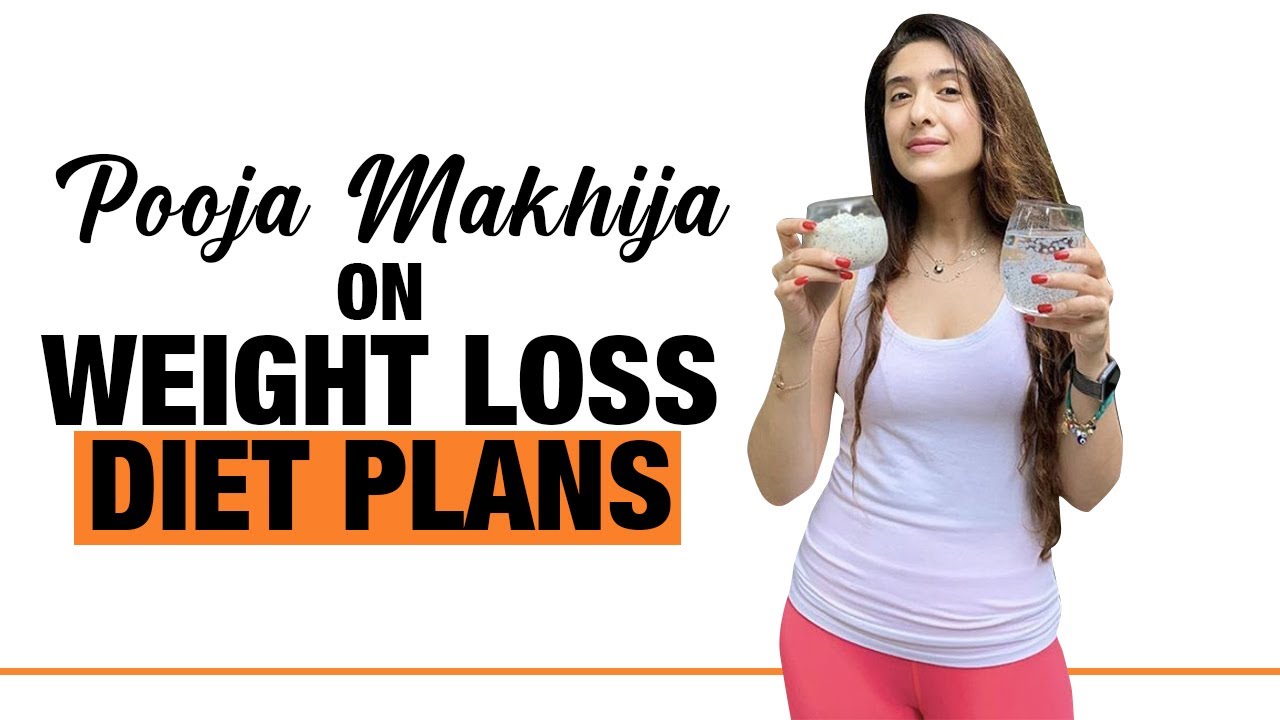17 Biggest Nutrition Myths Busted
Nutrition and health are the topics that are widely discussed on blogs and social media. And everyone has something important to say about health and nutrition. But it is found that people spread more misinformation than knowledge. So here we will discuss 17 biggest food myths.
For example, take calorie in and calorie out formula, which is said to be quite helpful in weight loss. But the reality is just the opposite.
Let’s bust the 17 biggest food myths about health & nutrition with the help of science
Myth 1: ‘Calories in, calories out’ is all that matters when it comes to weight loss

While reducing your calorie intake could help in weight loss but relying solely on calorie in and calorie out formula won’t help as there are more important factors to consider. For example, genetics, hormonal imbalances, medicines, and conditions like hypothyroidism could also lead to weight gain. Also, a low-calorie diet could include nutrient-poor food leading to nutritional deficiency in the long run.
Myth 2: High fat foods are unhealthy
Dietary fat is essential food as it lowers the risk of increased insulin resistance and triglyceride levels that could lead to heart problems. Also, high-fat diets have proved to be more effective in weight control than low-fat foods.
Myth 3: Breakfast is the most important meal of the day
It could be true for growing kids and teens with increased nutrient needs but it isn’t helpful for adults that could lead a healthy life by skipping breakfast. Missing breakfast is a great way to reduce your calorie intake. Also, intermittent fasting with breakfast either skipped or consumed later in the day has many health benefits like improved blood sugar control.
Myth 4: You need to eat small, frequent meals for optimal health
The frequency of your meals is hardly a concern if you are healthy and meeting your energy needs. But eating more frequent meals could benefit people with diabetes, coronary heart disease, and irritable bowel syndrome, and pregnant women.
Myth 5: Non-nutritive sweeteners are healthy
Low-calorie, low-carb, … Find more






